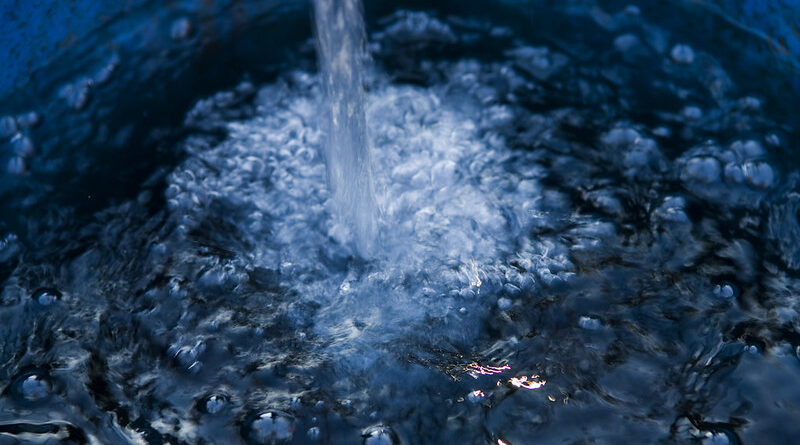Daily Question: I’ve been told you shouldn’t change too much water, 10% weekly is enough and 25% once a month. You recommend 50% a week.
There is a lot of myths about water changes. Let’s put a few of them to bed before we look at why I say 50% minimum a week. I and many other keepers so 80% and more a week.
There is bacteria in the water.
Yes and no. No, the ammonia oxidisers and nitrite oxidisers- the microbes that turn ammonia into nitrite and then nitrates are photophobic. Which just means they don’t thrive in light. You see that gunky stuff in your folter? That’s a matrix of miroorganisms, they form a biofilm to protect themselves from the light. They do thrive in the nice darkness of your filter.
The yes part is that there are a lot of bacteria in your water. There is a reason drinking water is disinfected, and these aren’t the ones you want. An established tank will have all sorts of neutral pathogens, and by that I mean nothing that will help your tank, but also nothing that’s going to harm you or the fish. But here’s the thing, they need the negative bacteria to not take over, they need have the minerals etc refreshed, water changes and regular cleaning can help reduce the negative bacteria. Tanks without water changes tend to have lower pH softer water, and a build-up of detritus. So many illnesses in fish thrive in those conditions.
Fish die after each water change.
So this is something called Old Tank Syndrome. As the ammonia is turned to nitrate hydrogen ions are released into the water, that uses up the carbonates, the buffers, and once they are gone the pH will start to drop. Eventually the cycle stalls and ammonia will start to build up, but since the pH is low the ammonia will be locked up as safer ammonium.
Now let’s add some fresh water and some fresh buffers (in the water naturally) back into your tank. That safer ammonium turns back into dangerous ammonia.
You have to do a water change eventually, that super low pH doesn’t suit most fish, and that ammonium is safer, but just like nitrates it’s only safe in low amounts.
Fish don’t get water changes in the wild.

Oh hell yes they do. There’s only a limited number of water bodies where there is a low turn over of water. The Dead Sea is one of them, there is a reason it’s called the Dead Sea. Some fish end up living in temporary pools for part of the year or part of their life cycle. Lots die, some survive, that’s not how we need to keep our animals. Our pets.
We’re messing with the tank too much.
That’s a weird reason. We need to keep things clean and safe for our animals. I clean out the mess for everything else.
The filter keeps the water clean.
Nope, it removes solids and is the place the microorganisms live that turn ammonia into nitrite and eventually nitrate.
Plants will do the job of water changes.
Nope, they will help provide your fish with so much. They can improve your tank no end, but they don’t remove hormones, or negative pathogens. They do remove nitrates, but that is only a tiny reason to do water changes.
Why do water changes.
So with all those put to one side let’s look at some good reason to do water changes.
Removing bad stuff. Nitrates, pathogens you don’t want in there, hormones secreted by the fish, physical waste, any other pollutants that have got in there.
Replacing the buffers and other trace elements in water. Regular water changes allow you to keep your water parameters more stable. Always check the water you are putting back in, tap water can change so you may have to look at other things such as RO or similar.
But why 50% or more.
In all honesty it’s years of seeing issues in tanks. Those that do lower water changes have more issues, and rarely can lower amounts of water changes keep the pH level.
But what if you just don’t want to do the water changes. Then get a fish tank screen saver on your TV. Some fish can do better than others in a low water change system, but no animal will thrive on neglect.

